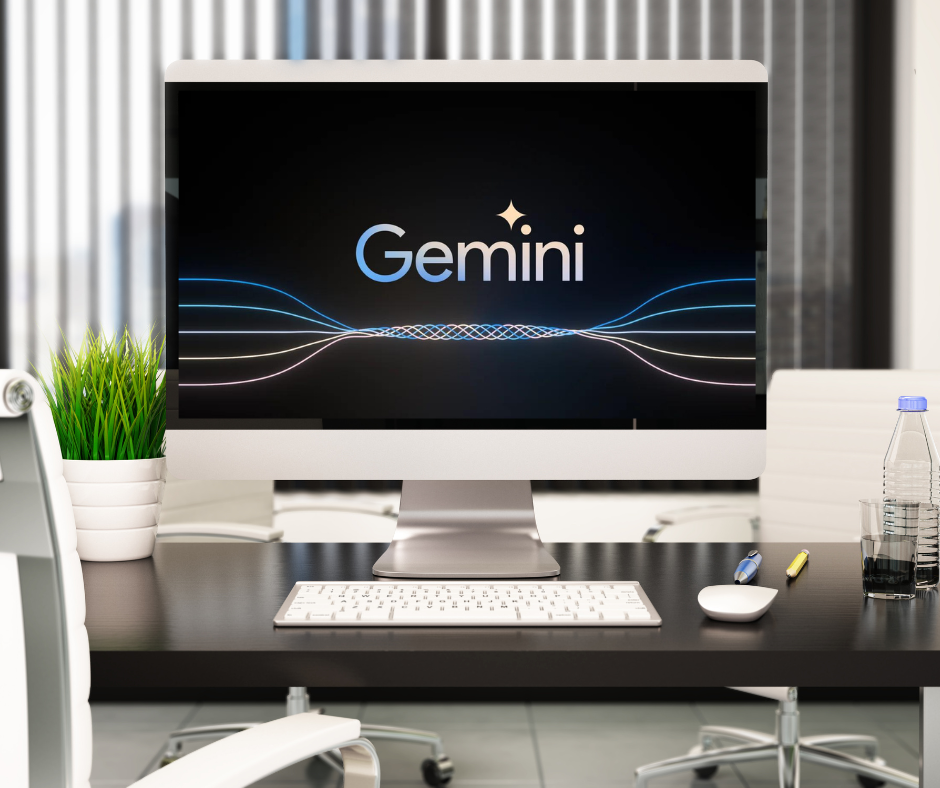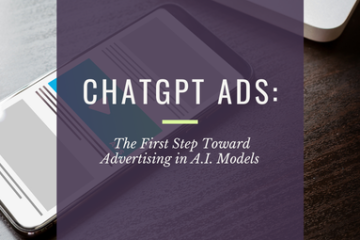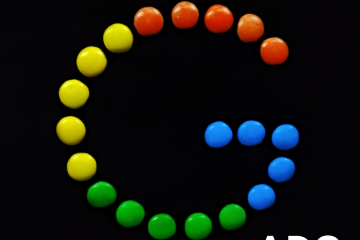
Google’s place in the A.I. race has always been kind of uncertain.
For one, it sort of publicly showed its hand in declaring its hand in late 2022 following the release of OpenAI‘s ChatGPT (which rival Microsoft made enough majority-investor contributions to that it is basically a Microsoft product in spirit).
The internal team activated the red alert to propel themselves into action and significantly accelerate their A.I. developments. While this expedited the release of Bard, it also harmed Google overall by essentially exposing the company’s lack of readiness to enter the A.I. race at such an early stage.
That was further corroborated when Bard was quickly pulled from the market after a product-tester public reported various instances of Bard acting, in Internet parlance, “out of pocket”.
Out of pocket, indeed, for Google needed to ensure that its major investments in generative A.I. would pay off, or else risk angering a board of directors wondering how one of the wealthiest companies on the planet is somehow playing second fiddle to a nonprofit startup.
But recently, Google has made a major step forward by introducing a big upgrade to Google Bard.
Google’s Gemini Ultra Is the Key to the New-and-Improved Bard
Is Bard really the Burger King Whopper to ChatGPT’s McDonald’s Big Mac?
For a while, it seemed that this was the fate for Google’s chatbot. It was late to the party, and OpenAI put the pedal to the medal in developing ChatGPT throughout 2023, even weathering some boardroom drama later in the year.
But the wide availability and use of Bard is hard to deny. And the rollout of Bard Advanced this year (i.e., 2024) is sure to increase interest in the platform.
Google is going to be offering Bard Advanced to certain participants. The secret sauce of this upgraded chatbot is something called Gemini Ultra, which Google describes as the biggest and best large language model that it has.
It should embody a Swiss Army Knife with a range of generative artificial intelligence capabilities.
Whether it is fixing code or beautifying photographs for a business’ visual marketing materials, Google’s ambition is to make Bard a one-stop-shop for a wide range of generative A.I. content needs.
What this basically means is that Bard may see a quantum leap forward in quality, perhaps placing it ahead of ChatGPT in the A.I. race.
Multimodal Chatbots
Is it not crazy to think that we are kind of already past the text-only phase of generative A.I. models?
OpenAI let GPT-4 users start producing images in addition to text. Google is catching up in this department with Gemini, which is a multimodal language model.
This means it extends beyond text alone. Instead, Gemini in particular has been fed a data-diet chock-full of video, audio, computer code, images, and, of course, text.
Below, we take a closer look at one of the important methods that went into the creation of Gemini.
YouTube Video Transcripts and Copyright-Infringement Evasion
One of the biggest issues that generative A.I. is facing in 2024 is the copyright question.
This is one of the issues that Google is prudently trying to avoid. Though Google/Alphabet Inc. owns YouTube, that does not necessarily mean that all of the content is available for it to use freely in A.I. training.
Instead, Google still must contend with the fact that YouTube merely hosts videos that are copyrighted, created by a wide number of original creators across the planet.
However, it can still access transcripts from YouTube videos, which will effectively serve as training data for a generative AI platform.
To address potential copyright problems, Google has equipped itself with a team of lawyers to ensure they can promptly rebut any claims of copyright infringement. The avoidance of copyright infringement is a key strategy for A.I. developers in 2024 and beyond.
Business Owners, Google Bard and Gemini Ultra
Plenty of business owners use Google’s Bard. We would tack on “as an alternative to ChatGPT”, but the truth is that many chatbot users are double-dipping by using both platforms.
And why wouldn’t they? What use is brand loyalty when both of the platforms are readily available at no or low cost?
When one goes down (typically, this is ChatGPT), then the other will likely, hopefully, be up.
As Bard continues to improve thanks to Gemini Ultra, it will be interesting to see how many users make Bard their first choice, as opposed to the backup for when ChatGPT is down.
With the advent of Bard Advanced, you can expect to see more businesses using this chatbot in creative ways. Whether it is for composing copy for their advertisements or generating images for social media posts, the multimodal capabilities will offer business owners more tools for internal communications and external broadcasts.





